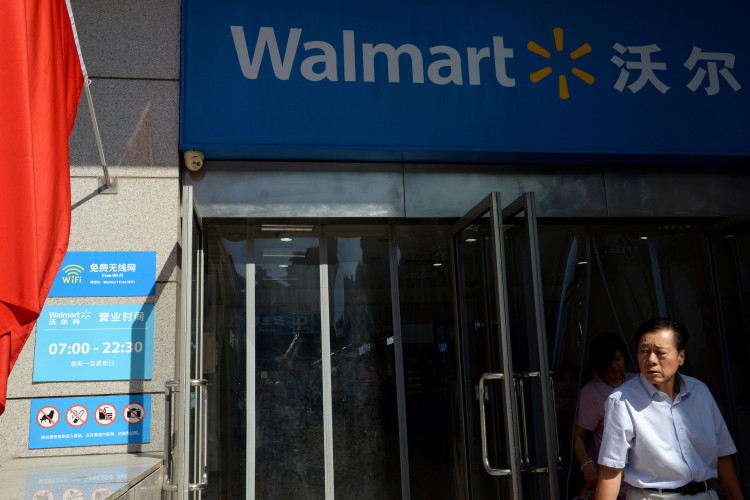Walmart confirmed on Thursday that it is indeed planning to double its store count in China within the next seven years or so. The retail giant said it will continue to work with policymakers in the country to ensure improved services to Chinese consumers.
In a statement to Business Insider, the new stores, which is planned at a massive 500-store count, will include three categories for Chinese shoppers: depots, supercenters, and smaller shops across the country.
Aside from doubling its current store count in the Chinese market, Walmart is also set to renovate over 200 of the existing stores within the next few years, a spokesperson revealed.
The retail company said in a statement that it will cooperate with Chinese policymakers and its partners in the country to hasten its massive expansion plans that will include "new innovations" for consumers.
Senior vice president with Walmart China, James Ku, noted that among the innovative solutions the retail chain will provide for Chinese consumers are "multi-format strategies." Industry experts believe these models will include facial recognition.
The world's second-largest economy is recognized for its fast-adoption of high-end technologies in corporate settings and various segments of the market. These industries include payments and financial transactions.
CNN reported that Walmart is planning to add new features that will further attract consumers in the country, especially at a time when local retailers are starting to gain popularity.
Among the local brands that Walmart has to watch out of as the years come is Chinese e-commerce crown jewel Alibaba. The online retail giant opened its grocery store Hema, or Fresh Hippo, three years ago to challenge the American retail chain.
Alibaba's grocery store is known for cashless checkout counters that provide optimum convenience to shoppers. Consumers also have the option of shopping in person or staying at home, downloading the app, link it to cashless payment platform Alipay, and have their groceries delivered.
Industry analysts noted that Walmart may explore opportunities in the dependence of Chinese consumers towards cashless or non-credit card transactions. It remains to be seen whether the American brand will also develop new technologies to stand against Alibaba.
Last week, the company posted third quarter online sales growth at 41 percent, exceeding company forecasts of 35 percent. At that time, CEO Doug McMillon noted that the company's strong online figures were driven primarily by food orders.
According to Reuters, total revenue for the U.S. retail chain reached $128 billion during Q3 2019, accounting for an increase of 2.5 percent in profits. The company also beat analyst expectations of $1.09 per share to set its adjusted earnings per share at $1.16 per share.
While losses are expected to rise this year due to weaker demand under a slowing global economy, the company is expected to make it big again for the fourth quarter.





